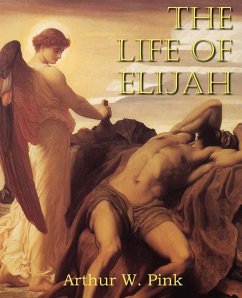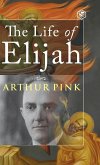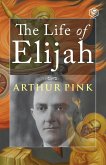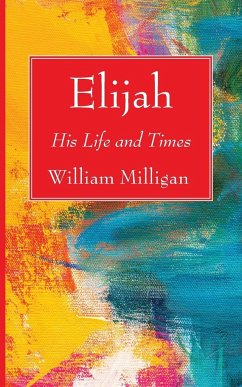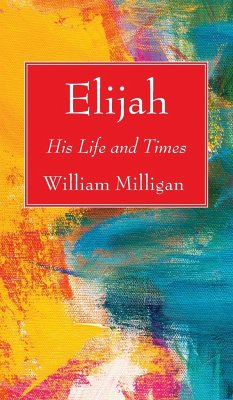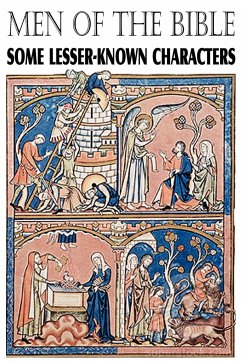From one generation to another, the servants of the Lord have sought to edify their fellow-believers by commenting on the Old Testament narrative. In such ministries expositions of the life of Elijah have always been prominent. His sudden appearance out of complete obscurity, his dramatic interventions in the national history of Israel, his miracles, his departure from earth in a chariot of fire, all serve to captivate the thought of preacher and writer alike. The New Testament sustains this interest. If Christ Jesus is the Prophet "like unto Moses," Elijah, too, has his New Testament counterpart in John-the greatest of the prophets. And even more remarkably, Elijah himself in living person reappears to view when, with Moses, he stands on the mount of "the excellent glory," "to speak of the strife that won our life with the incarnate Son of God." What a superb honor was this! As Moses and Elijah are the names which shine in dual grandeur in the closing chapters of the Old Testament, they likewise appear as living representatives of the Lord's redeemed host-the resurrected and the translated-on "the holy mount," their theme the exodus which their Savior and Lord was to accomplish at the time appointed by the Father. Arthur Walkington Pink was an English Christian evangelist and Biblical scholar known for his staunchly Calvinist and Puritan-like teachings. Though born to Christian parents, prior to conversion he migrated into a Theosophical society (an occult gnostic group popular in England during that time), and quickly rose in prominence within their ranks. His conversion came from his father's patient admonitions from Scripture. It was the verse, Proverbs 14:12, 'there is a way which seemeth right unto a man, but the end thereof are the ways of death,' which particularly struck his heart and compelled him to renounce Theosophy and follow Jesus.
Hinweis: Dieser Artikel kann nur an eine deutsche Lieferadresse ausgeliefert werden.
Hinweis: Dieser Artikel kann nur an eine deutsche Lieferadresse ausgeliefert werden.

